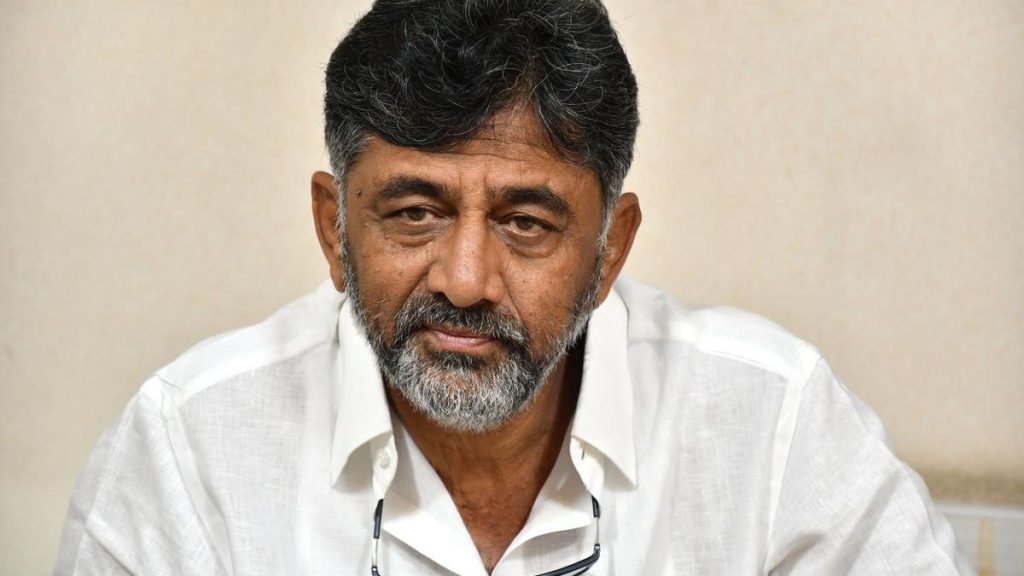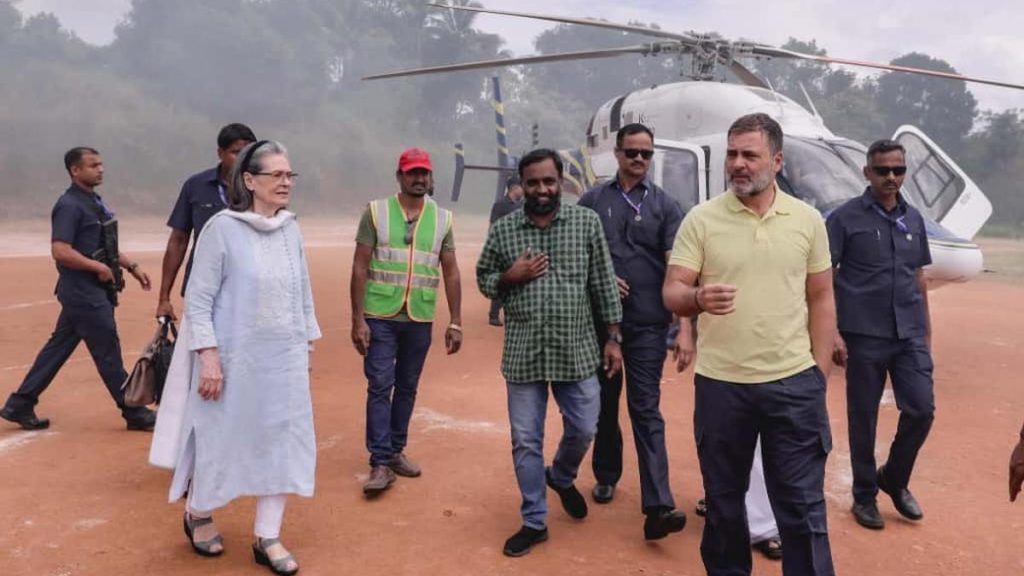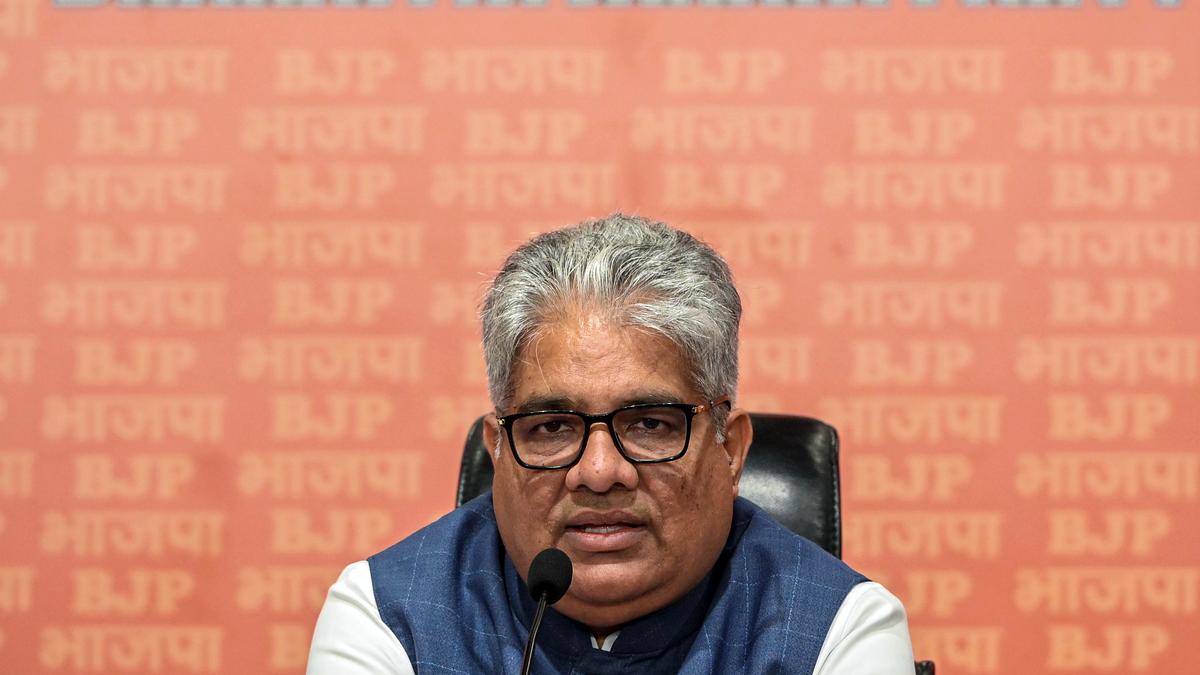Now Reading: Students Protest in Dharwad Demanding Better Hostel Amenities
-
01
Students Protest in Dharwad Demanding Better Hostel Amenities
Students Protest in Dharwad Demanding Better Hostel Amenities
fast Summary
- Event: Students staged a protest in Dharwad on September 18, 2025, under the aegis of the Students Federation of India (SFI).
- Demands:
– Betterment of basic amenities in government-run hostels.
– Increase food allowance.
– Filling vacant posts in hostels and residential schools.
– Opening new post-metric hostels to accommodate more students.
- Protest Details: The protest march began at Karnatak College campus and ended with a dharna at the Deputy Commissioner’s office where students formed a human chain.
- key Concerns Raised:
– Poor quality and inadequate food forcing students to attend college without proper meals.
– Hostels ofen operate in private buildings lacking infrastructure, resembling “inhumane” conditions.
– Libraries lack basic textbooks; absence of sports equipment further highlighted struggles in hostels.
– Around 18,910 students are deprived of hostel facilities due to government neglect; Dharwad district needs an additional 46 post-metric hostels instantly.
- Memorandum Submitted: Protestors presented authorities with a memorandum listing 25 specific demands.
Indian Opinion Analysis
The student-led protests underline notable gaps in public welfare for educational infrastructure, especially concerning student accommodations.The cited inadequacies-such as poor food quality, lack of educational resources like textbooks or sports equipment, and substandard living conditions-pose systemic barriers to equitable access to education for thousands of economically disadvantaged individuals who rely on government-run residential facilities.Given that over 18,000 students reportedly lack hostel access despite growing demand each year,this raises pressing questions about administrative planning and resource allocation within Dharwad’s education sector. The claim that these issues persist despite repeated appeals indicates potential inefficacy or negligence on part of authorities tasked with ensuring functional student services.
The scale of required interventions-including addressing management vacancies and constructing new hostels-points towards deeper institutional challenges rather than isolated inefficiencies localized within one district alone. As India’s youth is integral to its developmental trajectory, addressing such issues proactively is pivotal to sustaining educational equity across social strata nationwide.
For more details: Read More























